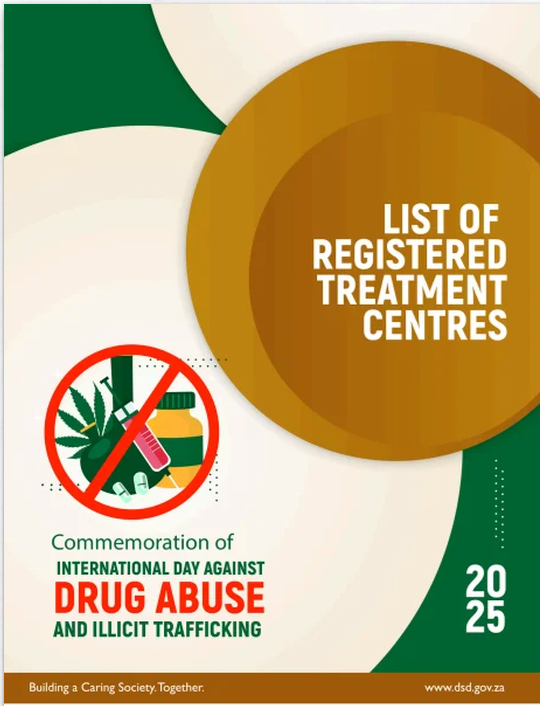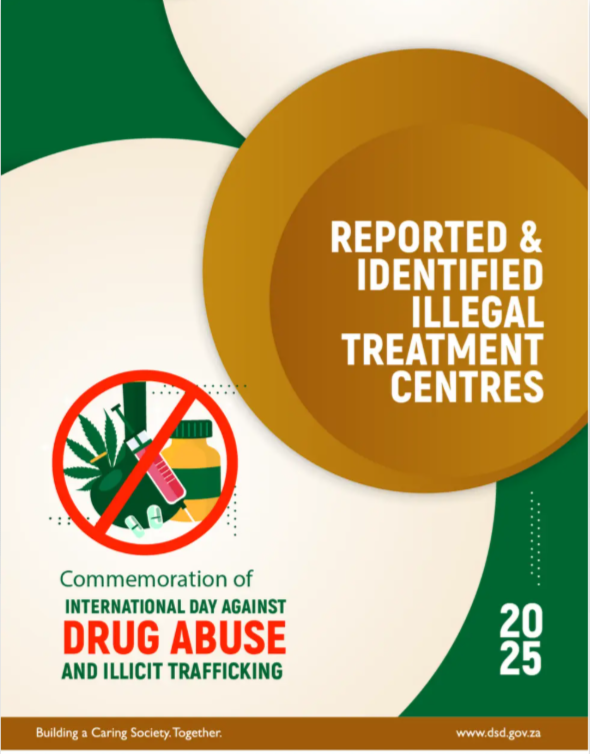ALL ABOUT NONPROFIT ORGANISATIONS
The Nonprofit Organisations Directorate was established in terms of the Nonprofit Organisations Act 71 of 1997 to essentially administer the Register of Nonprofit Organisations in South Africa.
The Register of Nonprofit Organisations (NPOs) is a voluntary registration facility that enhances the credibility of the registered NPO as it reports to a public office. The NPO Directorate, as a public office, holds information about registered NPOs for the public to access. This thus, increases the transparency and accountability of the organisation beyond its immediate role-plays. This accountability and transparency improves the governance of an organisation as it is also expected that a registered NPO must comply with the requirements of the NPO Act. The NPO registration status is also a funding requirement for most donor and funding agencies. The national NPO registration facility therefore brings NPOs into a public system that allows for information about the sector to be gathered and made publicly available which in many ways increases the confidence of the public in the nonprofit sector.
An NPO is defined, in terms of section 1 of the NPO Act, as a trust, company or other association of persons established for a public purpose and of which its income and property are not distributable to its members or office bearers except as reasonable compensation for services rendered. Nongovernmental organisations (NGOs) and community based organisations (CBOs) are collectively known as nonprofit organisations (NPOs). In some instance, NPOs are also referred to as Civil Society Organisations (CSO).
To apply for registration as a NPO, organisations fill-in a prescribed application form and submit it to the Directorate for Nonprofit Organisations with two copies of the organisation’s founding document i.e. a constitution for a volunteer association; memorandum and articles of association with the company’s registration letter for a not-for-profit company; and a deeds of trust with the trustees authorisation letter for a trust. The founding document of the organisation must meet the requirements of section 12 of the NPO Act.
Once the organisation is registered, it is obligated, in terms of sections 18 and 19, to submit within nine (9) months after the end of its financial year, annual reports (a narrative report, annual financial statement and an accounting officer’s report) including any changes to the organisation’s constitution, physical address and office bearers.
A thirty (30) days notice is served to all those registered NPOs whose reports are due as per requirements of section 20 of the NPO Act. Failure to comply with this notice, an organisation registration status is cancelled in terms of section 21 for the NPO Act.
Once an organisation has been cancelled, deregistered or dissolved, as the case may be, it is a criminal offence, in terms of section 29, for any such organisation to represent itself as being validly registered in terms of the NPO Act. The offence is also extended to a person(s) using the registration number of another organisation’s and making any false representation in any report submitted to in terms of this Act. A person(s) convicted for these offences is liable to a fine or to imprisonment or to both fine and imprisonment, in terms of section 30 of the NPO Act.





